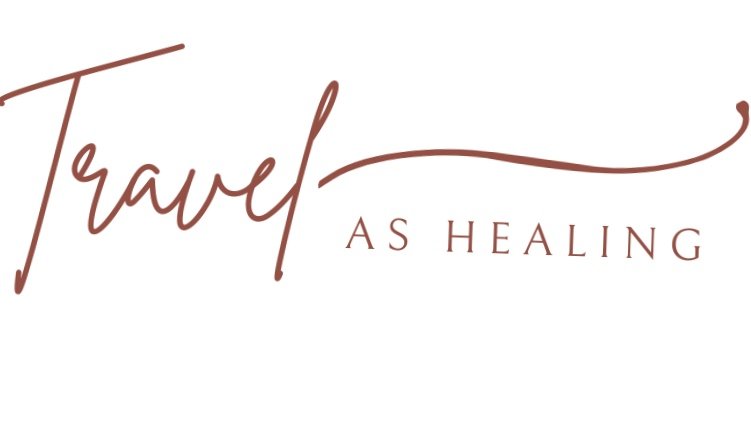Is Self-awareness A Shortcut To Heal?
Have you heard about the story of Oliver James, a 34-year-old man who never learned to read because his school labeled him “functionally illiterate?”
Oliver is a personal trainer in Newport Beach, California. After years of believing he could not read well and years of his girlfriend reading out menus to him, he decided to show up on TikTok with, “what’s up, I can’t read that well, but I’m ready to learn.”
Every day Oliver would show up on camera to read Anne Frank’s Diary of a Young Girl. He attracted more than one hundred thousand supporters dedicated to watching him read books out loud on the internet. Hearing Oliver’s story made me think about how he bravely modeled self-awareness and vulnerability, even at age 34. Being judged as functionally illiterate can stir up feelings of shame, and shame can force us to stay hidden for fear of being judged.
The gift of self-awareness, more often than not, presents us with a choice to remain the same because of fear/shame/judgment or to say yes to an invitation of adventure and discovery. Oliver’s decided it was time to learn, and he wanted it to be an adventure. This story is an excellent example of how moving from awareness to ownership is foundational in the healing journey.
No matter how old you are or what stage/season you’re in, it’s never too late to learn and unlearn, heal, be open to new perspectives, new thoughts, or ideas, and do so with kindness and curiosity.
Here is a list of 25 ways self-awareness transformed my life and created a foundation for my healing journey.
I often minimized my traumatic experiences and believed it was not “as bad” when compared to the experience of others.
I am unlearning survival behaviors that have become automatic and normal.
I generally believed the emotional and physical abuse I experienced in childhood was normal and cultural, and I lived in denial and dissociation that it did not affect me.
I had an overly optimistic perspective on my traumatic experience.
For a long time, I was fully aware of my trauma, what caused it and how I overcame it, so I believed I did not need a therapist.
My tolerance for emotional pain was high, and I was often unmoved and unaffected by others.
I believed the lie that God wanted me to experience tough things he could save me from so that my testimony could bless others.
I objectively told my story to encourage others and show them what God can do in their lives.
I felt uncomfortable when people expressed compassion, and I often dismissed it with “I’m ok” because I was no longer affected by the experience.
Goodbyes trigger my abandonment wound, and I cry every time someone leaves. My brain interprets this as someone leaving me.
I believe I healed my ‘big T’ trauma because my circumstances changed, I traveled the world, I have new friendships, and I feel good about where I am. Overcoming is not the same as being healed.
I believed speaking affirmations over my life would heal me. The truth of affirmation gave me the courage to live boldly, but self-compassion has been the window to love and healing.
Early childhood conditioning is powerful, but so are my self-awareness and emotional health tools.
I am the strong one, the fixer, the leader, the advice giver, the one with the plan and strategy, the mom of the friend group, and the one with the can-do attitude.
I secretly judged others as soft or weak when they expressed empathy toward me and my circumstance.
I struggled to name and validate my emotions.
It felt challenging to empathize with people going through tough/difficult situations. That triggered my flight response.
My default response to other people’s problems is logically strategizing and giving advice instead of validating their experiences.
I unconsciously saw others as victims in their ‘bad’ circumstances, and I’d offer to help fix it instead of practicing presence with them or empowering them with hands-off resources.
I unintentionally saw others as a villain in relational conflict, and I’d quickly cut ties instead of seeing our common humanity.
I’d feel shame for changing my mind about old beliefs I once valued.
I attracted cyclical and codependent romantic relationships, but as I grew in self-awareness, I was able to course correct.
I quickly noticed how my voice and behavior towards myself sounded like the people who caused me pain - the sound of shame, blame & contempt. Learning validation feels like a new language, and it is hard.
My needs often went unmet in friend groups, and I felt misunderstood and alone on my healing journey.
Micro triggers were challenging to notice and own because when I’m dysregulated or triggered, I’m quick to move through or dismiss my feelings.
There is no shortcut to healing, but self-awareness is the gift that keeps giving. It is an opportunity for an honest assessment, to take ownership of each discovery, and watch our lives experience true transformation and healing.
Journal prompt: What are some ways self-awareness is transforming your life?
